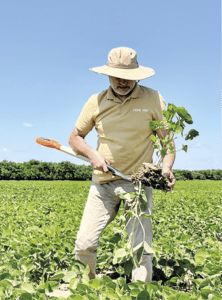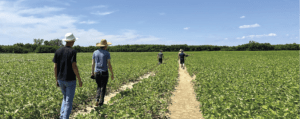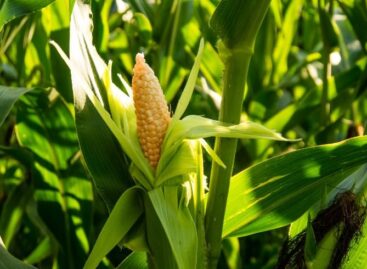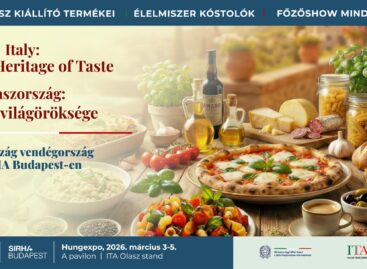Sustainable from the farm to table

Anna Hőgyész
sustainability manager
Nestlé
Nestlé has made a global commitment for 2025: to source 20% of its basic raw materials from farmers following sustainable agricultural practices. We are doing this because we believe that improving soil health, preserving biodiversity, protecting the climate and water resources are essential in maintaining long-term security of supply, improving farm resilience and reducing our carbon footprint.

In Hungary Nestlé has made it a priority since 2021 to promote soil conservation agriculture practices as widely as possible. Within the framework of the Landscape Enterprise Network (LENs) programme – launched with the support of Nestlé Purina in the vicinity of the Bük pet food factory – 22 farmers were using regenerative farming practices on more than 10,000ha of land by 2024.

Over the next five years the Nestlé Purina pet food business aims to source 50% of its primary raw materials, including cereals, from conservation agriculture, in line with Nestlé’s global commitments. In 2023 the company invested EUR 700,000 in financing farmers’ conversion to the programme.
Sustainability – not just on the farmland
Nestlé strives for sustainability not just on the land, but throughout its value chain. We are committed to reducing our greenhouse gas emissions to net zero by 2050, which will see us implement numerous packaging development and energy efficiency projects. Nestlé has three factories in Hungary and it was an important milestone for us when we started using 100% green electricity in all three of them back in 2017.

At the Szerencs production plant a 1.5 GW solar farm will start working this spring, covering almost 30% of the factory’s electricity needs. Another important step in lowering our environmental impact is to ensure that consumers receive our products in recyclable packaging. The pursuit of sustainability is a fundamental principle at Nestlé and it is embedded in several areas of our daily operations. Our objective remains to transform food production and supply chains in ways that contribute to the renewal of the Earth’s natural resources and to a more sustainable diet for consumers. (x)
Related news
Bonduelle achieves B Corp™ certification worldwide
🎧 Hallgasd a cikket: Lejátszás Szünet Folytatás Leállítás Nyelv: Auto…
Read more >Related news
Italy is the guest country at the SIRHA Budapest 2026 trade fair
🎧 Hallgasd a cikket: Lejátszás Szünet Folytatás Leállítás Nyelv: Auto…
Read more >Renewal at Szarvasi Mozzarella – the company’s commercial activities have been strengthened under the leadership of Máté Besenczy
🎧 Hallgasd a cikket: Lejátszás Szünet Folytatás Leállítás Nyelv: Auto…
Read more >Lidl Magyarország wins Top Employer award once again
🎧 Hallgasd a cikket: Lejátszás Szünet Folytatás Leállítás Nyelv: Auto…
Read more >









